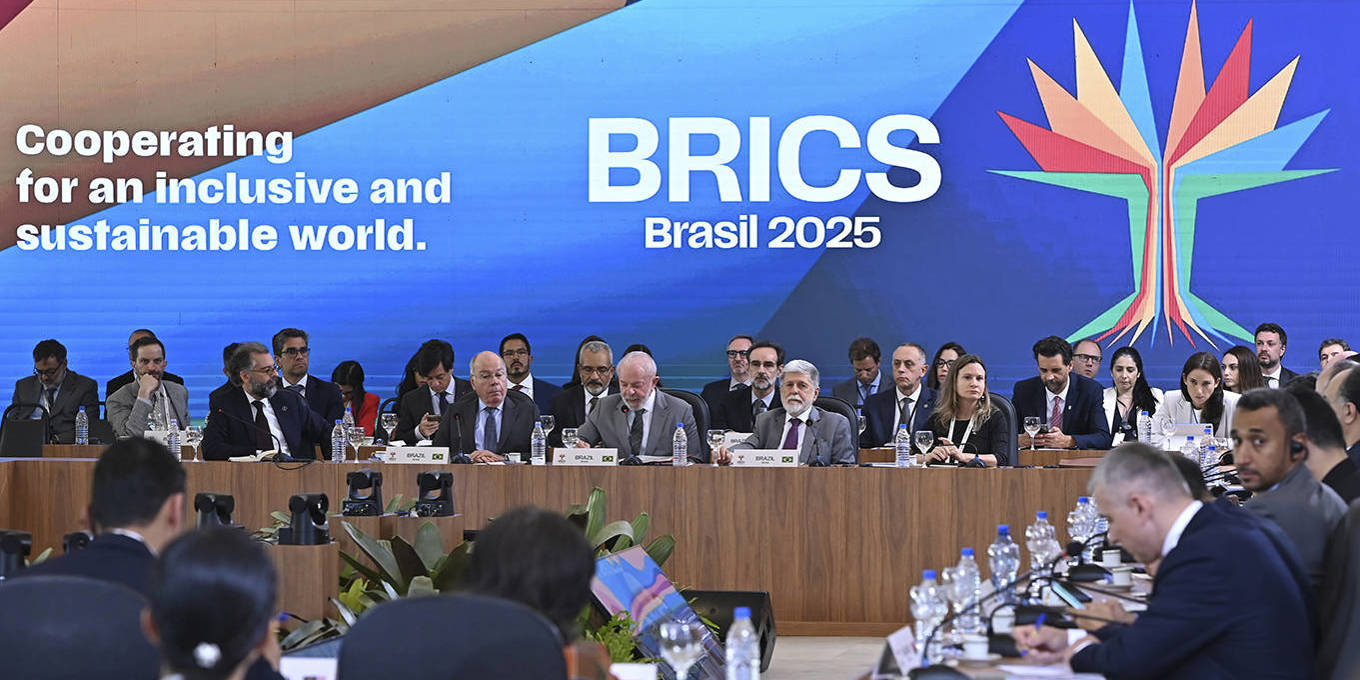
BRICS+ members stand to benefit from pursuing a strategic partnership with Africa. By helping the continent address the energy and debt crises standing in the way of its development, the bloc could advance its vision of a world where all countries are respected and work together to solve common problems.
PORT LOUIS – The ten current BRICS+ members, more than most countries, can empathize with the economic and political injustices that Africans have experienced over the years. Many of them, including the continent’s three members – South Africa, Egypt, and Ethiopia – are all too familiar with the disastrous effects of colonialism and exploitation, the difficulty of creating prosperity for millions of people while shouldering an unsustainable debt burden, and the inequality built into the global financial system.
- A Tax Victory for Multinationals Over People
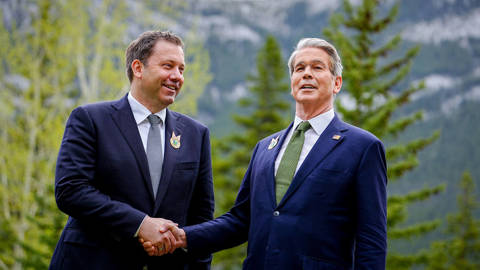 Kay Nietfeld/picture alliance/Getty Images
Kay Nietfeld/picture alliance/Getty Images - The Long March of China’s Economy
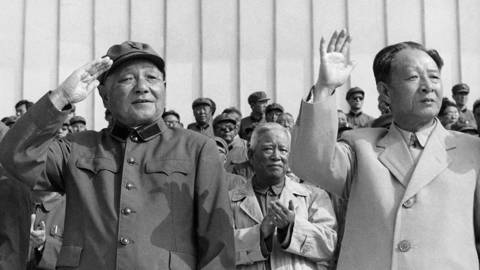 AFP/Getty Images
AFP/Getty Images - What It Means to Build Local AI
 Valeria Mongelli/Anadolu/Getty Images
Valeria Mongelli/Anadolu/Getty Images
These links have helped foster a closer relationship between BRICS+ members and African countries over the last two decades. For the past 15 years, China has been Africa’s largest trading partner, with annual turnover now estimated at $295 billion. The continent’s trade with other BRICS+ members has also increased, reaching $83 billion with India in 2024, and more than $21 billion with Brazil in 2023.
These relationships have pushed many African countries toward industrialization. But only South Africa, Egypt, and Morocco have developed any significant amount of industrial power. For the rest of the continent, three major obstacles stand in the way: a huge energy gap, unsustainable debt burdens, and worsening climate change. To overcome these barriers, Africa must develop a strategic partnership with the BRICS+. This partnership would yield other mutually beneficial results, including economic growth and shared prosperity.
The timing is right. More than ever before, Africa is facing growth pressures as evidenced by its exploding working-age population. The BRICS+ bloc is also at a crucial point as it seeks to assert itself on the world stage, develop a new form of multilateralism based on mutualism, expand the New Development Bank, and admit more members. The group is attempting to do all this while navigating delicate relations with the United States.
A strategic partnership with Africa would allow the BRICS+ bloc to advance its vision for a world where all countries are respected and work together to solve common problems and pursue green development. But to drive growth, its members will need to become co-investors, rather than merely creditors. They must also help African countries address the obstacles to their development, particularly the energy and debt crises.
To that end, China, one of the most powerful BRICS+ members and the world’s clean-energy leader, could help Africa harness its abundant renewable-energy potential. The continent is home to 60% of the best solar resources globally, but only 1% of installed solar capacity. By contrast, 64% of all renewable-energy capacity added last year was installed in China, which accounts for 60% of the world’s production capacity in green-tech sectors and dominates solar supply chains. As part of a strategic partnership with Africa, China and other BRICS+ countries could co-establish clean-tech manufacturing and assembly plants on the continent. This would create new markets for renewables while also lowering energy costs for Africans.
Secure your copy of PS Quarterly: Post Americana 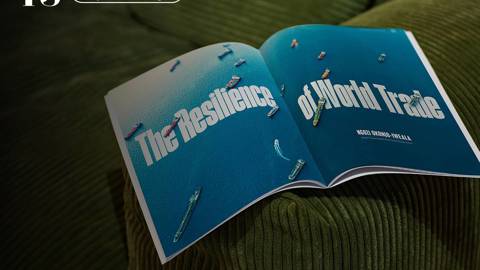
Secure your copy of PS Quarterly: Post Americana
A new issue of our magazine, PS Quarterly: Post Americana, is here.
Subscribe to PS Premium to read expert commentary on the collapse of US global leadership and its implications for trade, security, cooperation, and the future of power.
Subscribe Now
There is also the question of debt relief. Sovereign-debt restructurings have been inefficient and ineffective because powerful bilateral and multilateral creditors can’t agree on how to handle them. Improving these processes requires political goodwill. China has shown that this is possible by forgiving $3.4 billion in African debt, as well as 23 interest-free loans for 17 African countries.
Moreover, BRICS+ countries could oversee the creation of a multilateral framework, tailored to low-income countries, that would aim to convene all creditor classes, including private bondholders and multilateral development banks. This would also facilitate market creation and foster geopolitical ties between the bloc’s members and African countries – the foundations of a prosperous future for all.
With the right strategic partners, Africa could become very wealthy in a short period of time. The BRICS+ bloc must begin laying the groundwork for this geopolitical and economic alliance with the continent at its upcoming summit in Rio de Janeiro. Brazil, as the current president, and South Africa, as the group’s first African member, must ensure that an African partnership is at the top of the agenda.
From a practical point of view, deepening cooperation with African countries would create future economic benefits for BRICS+ members. But perhaps more importantly, it would signal the group’s willingness to provide equitable opportunities to the broader Global South.



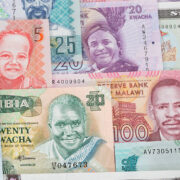



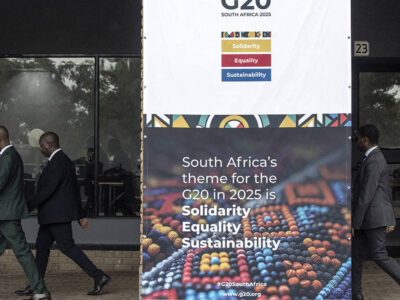



Comments